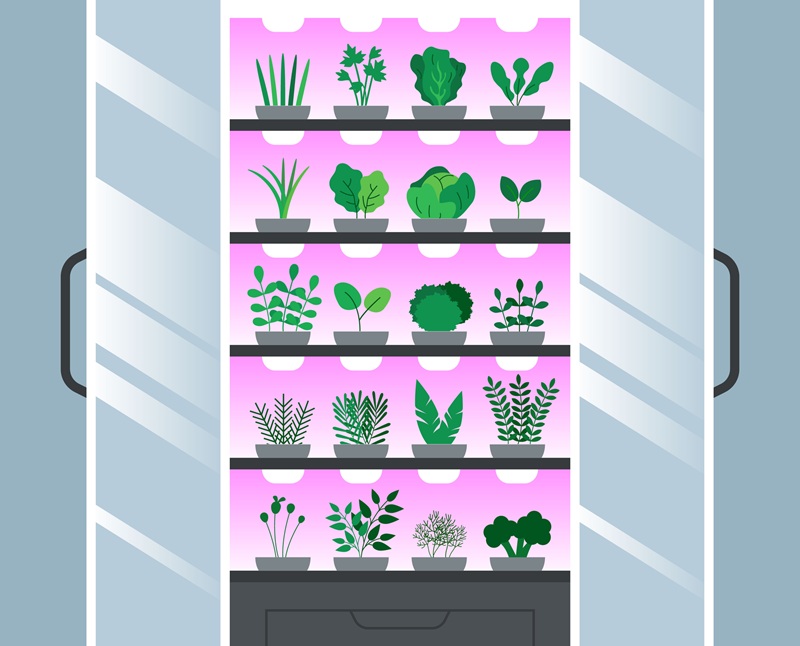Our team is leveraging innovative plant stress physiology and robotics to improve crop yields in protected cropping environments.
As the global population grows, we must produce as much food in the next 40 years as was grown in the last 10,000 years combined. Controlled-environment agriculture (CEA) offers a promising solution to this challenge by allowing precise control over plant growth conditions. Our research group focuses on improving our understanding of how plants respond to and adapt to temporary mild and moderate stress. By advancing our knowledge of plant stress pathways, we aim to optimise cropping environments, maximising yield and agricultural efficiency.
Key Impact: Enhancing crop performance through advanced knowledge of plant stress and adaptation pathways
The common observation that plants purchased from rustic nurseries with minimal care are often more resilient than those from boutique nurseries reflects a fundamental truth; stress drives adaptation. Similarly, humans perform best when exposed to temporary stress (such as exercise) followed by recovery. Despite significant advances in understanding how plants respond to artificial environments, a theoretical yield gap still exists between the genetic potential of elite crop varieties and their actual yields in protected environments.
In collaboration with our industry partner, Invertigro, an emerging leader in controlled farming systems, we aim to refine the stress and adatation responses of crops to mild stress treatments. Our research can potentially revolutionise CEA systems and significantly contribute to sustainable food security, addressing one of the most pressing challenges of our time.
Chief Investigator
Project team
- Dr Julia Bally
- Dr Chris Lehnert
- Mr Jordan Gemmell
Project partner
